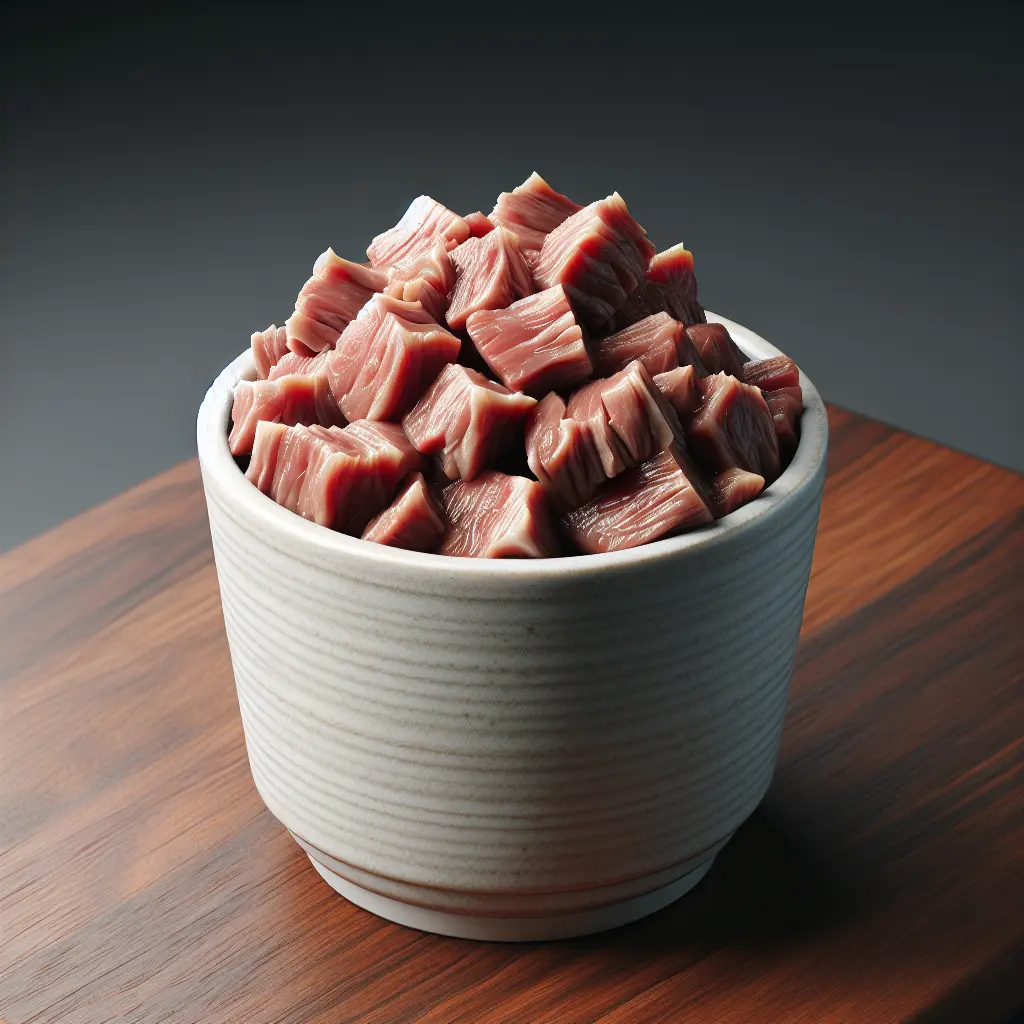Duck: A Culinary Delight
Duck is a type of waterfowl that has been domesticated for centuries, primarily for its meat and eggs. It is a highly prized culinary delicacy due to its unique flavor and texture.
Duck meat is known for its deep, rich flavor and succulent texture. It is also a good source of protein, fat, and several essential vitamins and minerals. One cup of chopped or diced duck meat provides approximately:
- Calories: 472
- Protein: 27 grams
- Fat: 40 grams
- Carbohydrates: 0 grams
- Fiber: 0 grams
- Sugar: 0 grams
Versatility and Preparation
Duck is a versatile ingredient that can be prepared in a variety of ways. It can be roasted, grilled, pan-fried, or smoked. The most popular cooking methods are:
Roasting: Roasting duck is a classic technique that allows the meat to develop a crispy skin and tender interior. This method is perfect for special occasions or larger gatherings. Grilling: Grilling duck over direct heat gives it a smoky flavor and a slightly charred exterior. This method is ideal for summer cookouts or quick weekday meals. Pan-frying: Pan-frying duck in a skillet is a quick and easy way to cook it. This method is perfect for stir-fries, salads, or tacos. Smoking: Smoking duck is a more time-consuming method, but it produces a rich, smoky flavor that is unmatched. This method is perfect for creating duck bacon or smoked duck breast.
Nutritional Benefits
In addition to its culinary appeal, duck is also a nutritious food. It is a good source of:
- Protein: Duck is a complete protein, meaning it contains all nine essential amino acids that the body needs. Protein is essential for building and repairing tissues, and it plays a vital role in many bodily functions.
- Fat: Duck is a good source of both saturated and unsaturated fats. Saturated fats are essential for hormone production and cell function, while unsaturated fats can help to lower cholesterol levels and reduce the risk of heart disease.
- Vitamins: Duck is a good source of several vitamins, including niacin, vitamin B6, and vitamin B12. These vitamins are essential for energy production, immune function, and nerve health.
- Minerals: Duck is also a good source of several minerals, including iron, zinc, and selenium. These minerals are essential for red blood cell production, immune function, and thyroid hormone production.
Conclusion
Duck is a delicious and nutritious food that can be enjoyed in a variety of ways. Its rich flavor, succulent texture, and versatility make it a favorite among food enthusiasts worldwide. Whether you are roasting a whole duck for a special occasion or pan-frying it for a quick weeknight meal, duck is sure to please your taste buds and provide you with a healthy dose of protein, fat, and essential vitamins and minerals.
How many calories are in Duck?
Each 1 cup, chopped or diced of Duck contains 472 calories.
Duck Nutritional Information
| Nutrient | Amount per 1 cup, chopped or diced (140g) |
|---|---|
| Calories | 472 Calories |
| Protein | 27g |
| Fat | 40g |
| Saturated Fat | 14g |
| Cholesterol | 0.118mg |
| Carbohydrates | 0g |
| Dietary Fiber | 0g |
| Sugar | 0g |
| Sodium | 0.083mg |
| Potassium | 0.2856mg |
| Calcium | 0.015mg |
| Iron | 0.0038mg |
